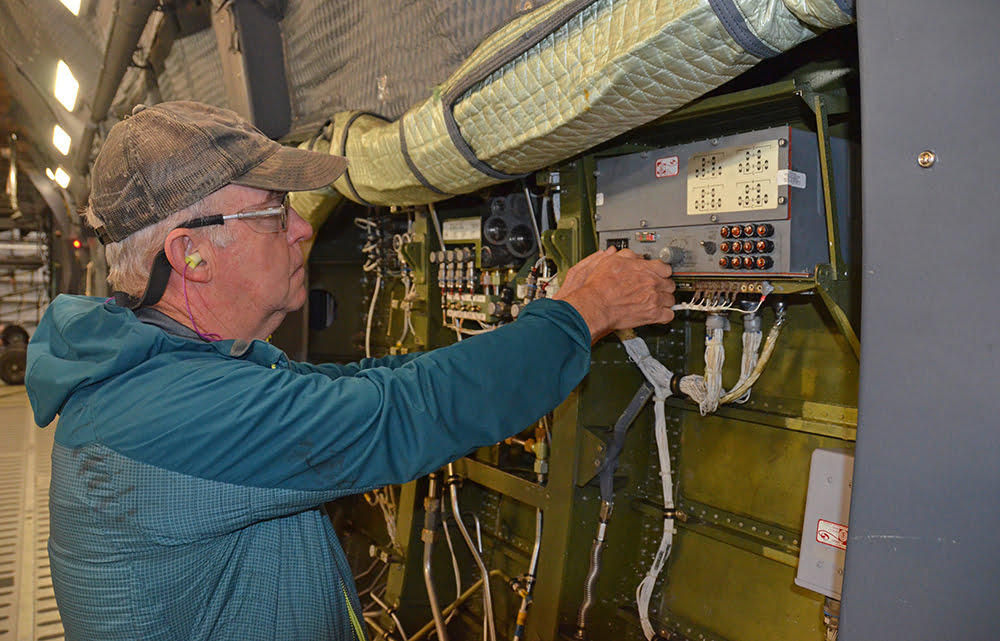If you need to power up your electric devices, but you don’t have AC power, an inverter can help. Power inverters are designed to convert DC to AC power so that you can use various power tools, computers, radios, kitchen appliances, and much more.
DC to AC inverters can also be useful when you need portable power to bring with you on camping trips, boat rides, and so on. However, if you have limited knowledge about these tools, you can get confused easily.
This is why we’ve decided to make this short but concise guide that will help you make the right purchase.
The Difference Between an Inverter and a Generator
The moment you start your search, you will come across generators. Yes, both of these do the same thing, but they aren’t made for the same uses.
Inverters are more economical for devices with less than 1000W. These include low-load items like DVD players, chargers, TVs, etc.
However, if you need to power a washer or a refrigerator and your total power needs are over 1000W, you should get a generator.
Inverter Power and Size
DC to AC inverters can have different power capacities and sizes. Power is expressed in watts, and you need to make sure that you get an inverter with enough power for your needs. At the same time, you don’t have to waste money buying excessive power you won’t be using.
Consider the device you will be plugging into your inverter and how much power it needs. All devices have wattage information displayed somewhere on them. You can calculate the total wattage based on devices you plan on using at the same time. If the power doesn’t surpass the wattage of the inverter, you’re good.
Power Spikes & Surges
A lot of devices have power spikes that can increase the power draw by 50%. This is something that needs to be considered. So, you should and get an inverter that can handle these peaks.
If you are attaching a motor-driven device, the surges can double the power draw. So, if you have an inverter with 1000W and you are connecting a tool with 2×600=1200W, you won’t be able to start it up, although it can technically run on that inverter.
At the same time, when looking at inverter power, look at the continuous power output, not peak power.
Input Voltages Matter
To ensure your inverter and all plugged in devices are working correctly, make sure that they all use the same voltage. Check the devices you plan on using and see what their voltage is. Most electrical devices today have a 12 V DC system.
However, some items have a 24 V, 48 V, 66 V, and even 120 V power input. In most cases, you will need a 12 V inverter. Still, if you have that one device that works on 24 V, some inverters come with extensions that can change voltage.
Difference Between Sine Wave and Modified Sine Wave
No matter what power inverter you are looking for, it will always be one of these two. But what does this mean? Sine Wave and Modified Sine Wave refer to wave output type.
The modified sine wave output works fine for most devices. These types of inverters are more affordable and have a fairly consistent power output.
True sine wave output is more sophisticated but also more expensive. Specific devices are very sensitive and require sine wave inverters, or they can get damaged. These include professional video equipment, battery chargers, laptops, and so on.
Stay Away From Inverters That Are Very Cheap
If you are looking at a deal that is “too good to say no to,” you should say no to it. Inverters aren’t toys; they are highly complex electrical devices that require proper inspection, quality control, and engineering.
A lot of Chinese manufacturers will advertize incredible numbers, wattages, and features, but in reality, the inverter won’t be able to support the load. Not only will these inverters get damaged easily, but they will destroy your devices, and potentially harm you as well.
Buy inverters that are made from reliable manufacturers and come with all the necessary technical support. It’s always a good idea to read the recommendations from the manufacturer and stick to their guidelines.
Conclusion
These are the essentials you need to consider when getting an inverter. Remember to learn more about how to use an inverter safely to avoid dire mistakes.

